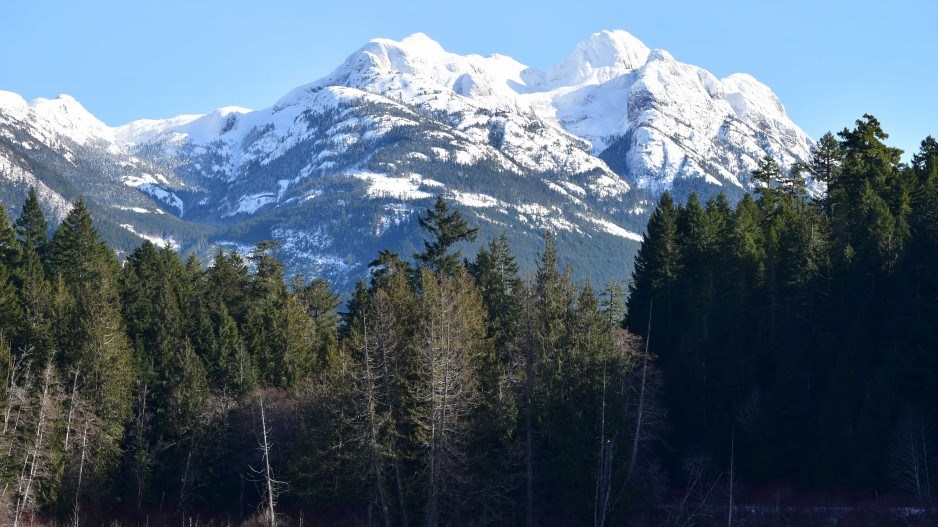Vancouver Islanders will have additional car-camping opportunities this summer near Port Alberni with the opening of a new campground on land managed for two private forestry companies.
The two companies are also planning to defer logging on 40,000 hecatres of old forest for 25 years as part of a carbon preservation plan.
The new campground is a basic 27-site campground on Loon Lake off of Highway 4, with views of Mount Arrowsmith.
Mosaic Forest Management is the timberlands manager for TimberWest and Island Timberlands, which own a significant amount of private forest land on Vancouver Island.
Vancouver Island is unique in B.C., where most forestry occurs on Crown land. About one-fifth of Vancouver Island’s forests are privately owned by TimberWest and Island Timberlands – most of it in a large swath of Eastern Vancouver Island, from Esquimalt to Campbell River.
The private forest lands are a legacy of the Dunsmuir land grant – a vast swath of land granted to coal baron Robert Dunsmuir to build the E&N Railway on Vancouver Island, and later sold to forestry companies.
Since the 1980s, the two companies and their predecessors (Weyerhaeuser formerly owned Island Timberlands holdings) have built campgrounds for public use. In total, the 14 campgrounds provide 365 rustic campsites. They’re not big money-makers, but are provided more as a public service.
“They’re not-for-profit,” said Domenico Iannidinardo, vice president of forest and climate for Mosaic. “Any money we make we generally put back into the sites.”
Mosaic also recently created Big Coast Forest initiative, which will remove 40,000 hectares of old forest from the companies’ harvesting plans for 25 years.
About 80% of the stands designated for protection have trees that are 120 years old. These patches to be protected are primarily on Vancouver Island, but a small amount is on Haida Gwaii – about half of the 10,000 hecatres of private land that Mosaic manages there.
The sale of carbon credits will generate revenue for Mosaic, with a portion of the revenue to be donated to the Pacific Salmon Foundation and the Indigenous Protected and Conserved Areas.
“By avoiding that initial conversion to second-growth forest, there is a huge avoidance of emissions over the next 25 years,” said Iannidinardo. “It’s 10 million tonnes of carbon that is stored over the life of this project.
“We’re using a global standard for this and we’re selling (carbon credits) to global markets. We believe the global carbon markets will provide similar or more revenue compared to timber harvesting.”
The public will have access to the areas for recreation uses like hiking. Mosaic's campsites can now be booked online.




